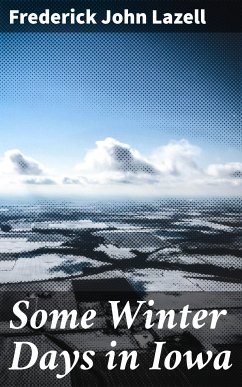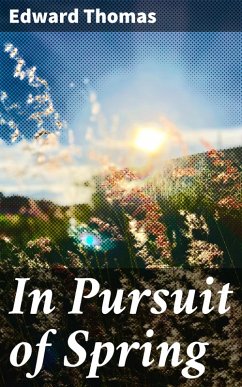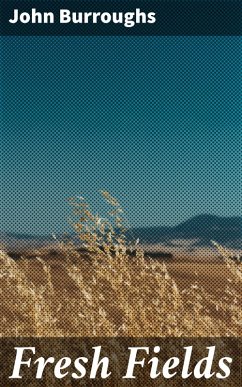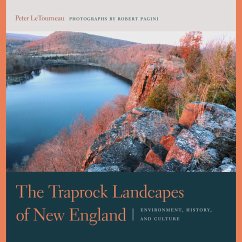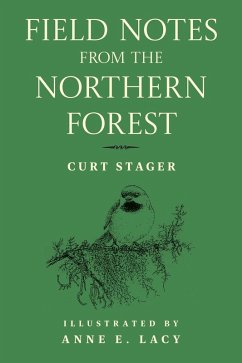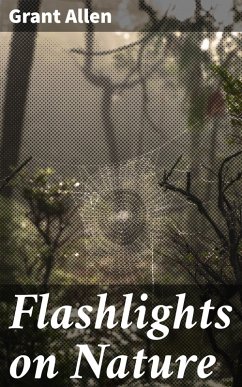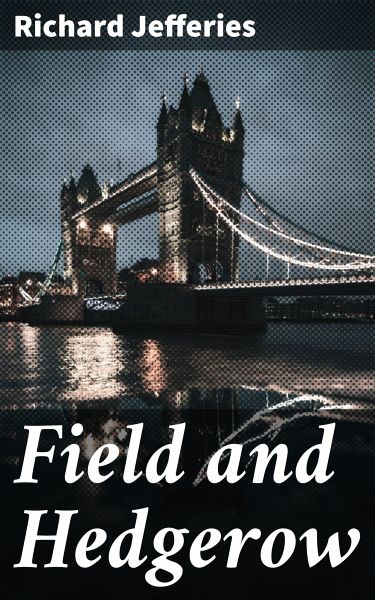
Field and Hedgerow (eBook, ePUB)
Enriched edition. Being the Last Essays of Richard Jefferies
Kommentar: Covington, Jared / Redaktion: Good Press
Versandkostenfrei!
Sofort per Download lieferbar
0,49 €
inkl. MwSt.
Weitere Ausgaben:

PAYBACK Punkte
0 °P sammeln!
In 'Field and Hedgerow,' Richard Jefferies masterfully weaves a tapestry of rural life in Victorian England through a lyrical exploration of nature. This collection of essays captivates readers with its vivid descriptions and profound insights into the English countryside. Jefferies employs a reflective and observational literary style, merging Romantic ideals with burgeoning environmental awareness. The text resonates with the pastoral tradition, artfully blending personal reflection and natural history, inviting readers to perceive the beauty and intricacies of the flora and fauna that popul...
In 'Field and Hedgerow,' Richard Jefferies masterfully weaves a tapestry of rural life in Victorian England through a lyrical exploration of nature. This collection of essays captivates readers with its vivid descriptions and profound insights into the English countryside. Jefferies employs a reflective and observational literary style, merging Romantic ideals with burgeoning environmental awareness. The text resonates with the pastoral tradition, artfully blending personal reflection and natural history, inviting readers to perceive the beauty and intricacies of the flora and fauna that populate his world. Richard Jefferies (1848-1887) was a prominent English writer and naturalist whose deep connection to the countryside profoundly shaped his literary work. Growing up in a rural setting, Jefferies's experiences as a farmer's son informed his passion for nature and preservation, compelling him to explore themes of rural existence against the backdrop of industrialization and urban change. His early work reflects a genuine admiration for the countryside, and 'Field and Hedgerow' serves as a culmination of his thoughts on the significance of nature. For readers yearning for a richly textured account of the rural landscape, 'Field and Hedgerow' offers a poignant meditation on nature's rhythms and its place within human life. This book is essential for anyone seeking to deepen their understanding of the complexities of the English countryside and the disconnect between humanity and nature'-an issue still relevant today. In this enriched edition, we have carefully created added value for your reading experience: - A succinct Introduction situates the work's timeless appeal and themes. - The Synopsis outlines the central plot, highlighting key developments without spoiling critical twists. - A detailed Historical Context immerses you in the era's events and influences that shaped the writing. - A thorough Analysis dissects symbols, motifs, and character arcs to unearth underlying meanings. - Reflection questions prompt you to engage personally with the work's messages, connecting them to modern life. - Hand-picked Memorable Quotes shine a spotlight on moments of literary brilliance. - Interactive footnotes clarify unusual references, historical allusions, and archaic phrases for an effortless, more informed read.
Dieser Download kann aus rechtlichen Gründen nur mit Rechnungsadresse in A, B, BG, CY, CZ, D, DK, EW, E, FIN, F, GR, H, IRL, I, LT, L, LR, M, NL, PL, P, R, S, SLO, SK ausgeliefert werden.




